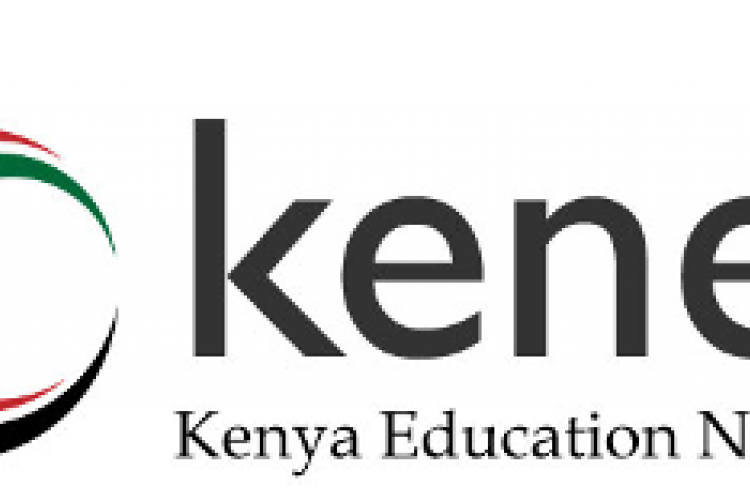Kenya Education Network (KENET) has made an open Call for Proposals for research and innovation mini-grants. Prof Meoli Kashorda, Executive Director KENET said that he would therefore like to draw our attention to this call to be awarded to university faculty teams that are members of Special Interest Groups (SIGs) in priority academic areas of computer science, computational modelling (and BIG data in STEM areas), engineering and educational technology (EduTech).
Each mini-grant is limited to KES 1.5 million to support innovations in undergraduate computer science education (2 grants) and engineering education.
Prof. Meoli explains that KENET’s mandate is to catalyze collaboration in research and education among member institutions. One of the ways we catalyze transformation is through research & innovation mini-grants.
In 2019 KENET awarded $ 135,000 towards the computational modelling and materials sciences (CMMS) and computer science, information systems and engineering multi-disciplinary (CSISEE) mini grants to five research projects. After a rigorous selection process, five top picks were selected in the areas of energy conversion using basic and applied sciences, and technology for environmental safety and health applications. The call was announced on January 3, 2019 and attracted 17 applications from 14 Kenyan Universities and University Colleges.
The grant awarded to the five (5) lead researchers also extends to 10 other researchers who served as team members to the projects. At a cost of Kshs. 1, 500, 000 (15,000 USD) for each winner, the grant will last a year, starting June 1, 2019 to May 31, 2020. The researchers awarded, are all Faculty from nine Institutions- public and private Kenyan Universities, and a University College- demonstrated active research interest in Computational modeling.
A team of four Computer Science/Information Science (CS/IS) grantees from Meru University of Science and Technology briefly described their research problem, achievements and what impressed them about the KENET mini grant. The four were led by the Dean, School of Computing and Informatics, Prof. Geoffrey Muchiri Muketha, a specialist on software metrics. He was the principal investigator assisted by Dr. Eric Mworia, a specialist in agronomy; Mr. Amos Chege Kirongo, a specialist in machine learning and image processing; and Mr. Daniel Maitethia Memeu, a specialist in physics.
Their project on real-time surveillance of crop pests and diseases using deep learning techniques that aimed at solving the problem of crop losses caused by plant diseases that directly or indirectly affect food security in Kenya, was one of the projects awarded the mini grant.
When asked about the key achievements of the project, Mr.Amos Chege Kirongo, a co-researcher, said, “We successfully managed to develop a machine learning digital imaging model, and also developed the web interface and mobile phone application for diagnosis of the maize and tomato stresses. The mobile phone application was used with farmers during training and also during post project application. Accuracy level of the model was above 97.8%.”
KENET builds a platform where researchers can link with other researchers locally and internationally, share and access data and advanced research e-infrastructures for the worldwide research and education community. Therefore, it is required that the grantees should share their work through credible journals and build a researchers’ community. As a result of this, the team proudly narrated that they had published a paper manuscript and submitted to Hindawi, Journal of Mobile Information Systems, and initiated student interest in the research and that ten students are currently engaged in big data and machine learning.
Please follow the link for more information on the call (https://www.kenet.or.ke/call-proposals-education-technology-engineering-and-computer ).

